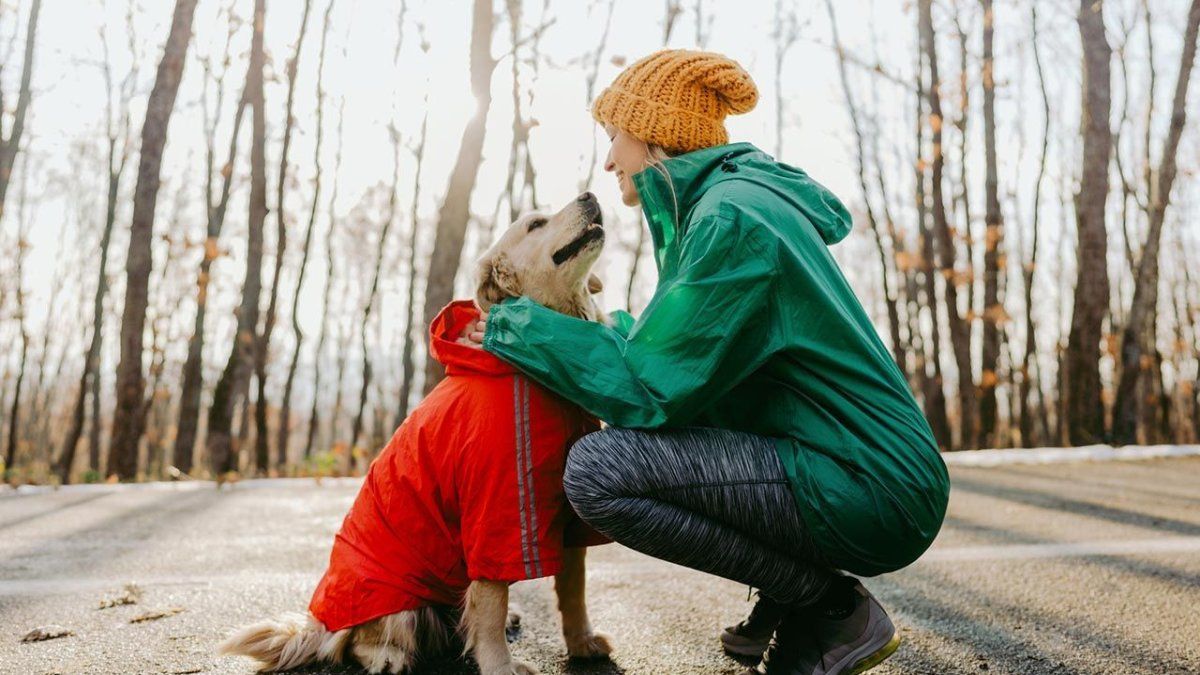Small daily habits can affect the health and behavior of our cats and dogs. Next, the details.
The pets They occupy an increasingly important place in our lives. They are not only company, but also a source of joy, affection and emotional well -being. Adopting a dog, cat or other animal implies taking a great responsibility that goes far beyond providing them with food and roof. Your physical, emotional and social needs require attention constant and knowledge to ensure that they grow and live in a healthy and happy way.
The content you want to access is exclusive to subscribers.
In this sense, taking care of an animal is not a simple task. The lack of information or reproduction of certain myths can lead to committing Frequent errors that affect the well -being of our pets. From food and socialization to stimulation and respect for their natural instincts, every detail counts to guarantee their quality of life.


Pets 4.jpg

This is why, Andrew Hubermanprofessor at Stanford University, and the Ethologist Karolina Westlundprofessor at the University of Stockholm and international reference in emotions and animal behavior, analyzed from a scientific perspective the most common mistakes and offered practical recommendations to promote their physical and emotional well -being.
Pet care: the most frequent errors
In the podcast episode Huberman Labboth experts analyzed the most frequent errors in pet care and denied popular beliefs. Throughout the chapter, the specialist Westlund emphasized the importance of Understand evolutionary origin and specific needs of each species or race, and how these differences should guide aspects such as food, exercise, socialization and daily interaction.
In this way, one of the first topics addressed by the professional was the tendency to project human needs in domestic animals. Among the most common mistakes, the expert highlighted: the early separation of the young, the lack of environmental stimulation, inadequate food for the species and the insufficient link. Next, I met the details.
Pets 3.jpg

– Early separation of puppies and kittens: Westlund warned that separating them from their mother before eight weeks can negatively affect your Emotional development. “In nature, the puppies remain longer with the mother and the brothers, which allows them to learn to regulate their emotions and interact with others,” explained the ethologist in the podcast.
– Lack of environmental stimulation: “Many behavioral problems arise because we do not allow dogs and cats to do what your species needs: smell, hunt, explore, mark territory or interact,” said the expert. Following this line, the value of socialization and the environment is essential. The professional recommended avoiding overexposure to unknown stimuli and favoring spaces where animals can discover and feel safe.
– Inadequate food for the species: Westlund said that offering a diet that does not conform to the specific needs of each species can have negative consequences for the health and well -being of pets.
– Insufficient link: The expert emphasized the importance of establishing an adequate affective bond with pets, since the lack of interaction and attention can lead to problems of emotional behavior and well -being.
Source: Ambito
I am an author and journalist who has worked in the entertainment industry for over a decade. I currently work as a news editor at a major news website, and my focus is on covering the latest trends in entertainment. I also write occasional pieces for other outlets, and have authored two books about the entertainment industry.




